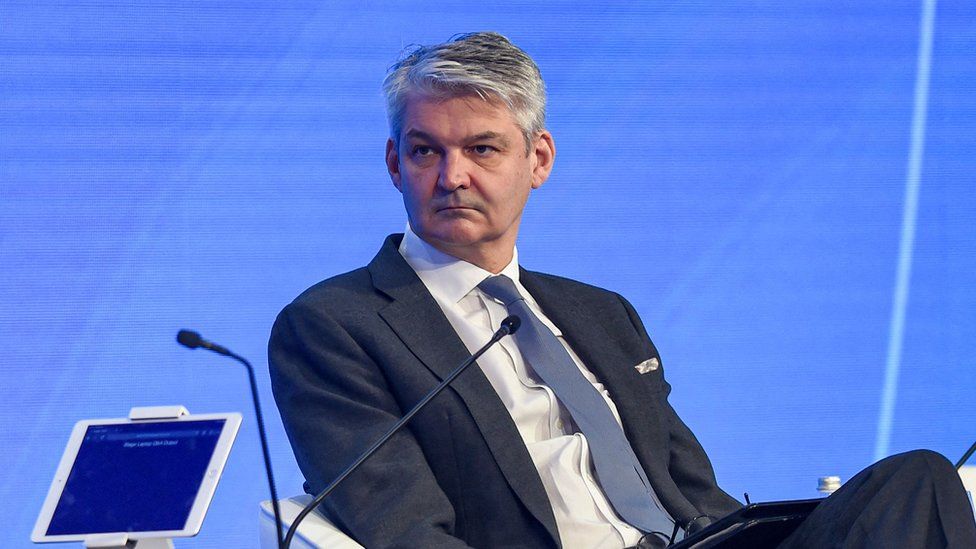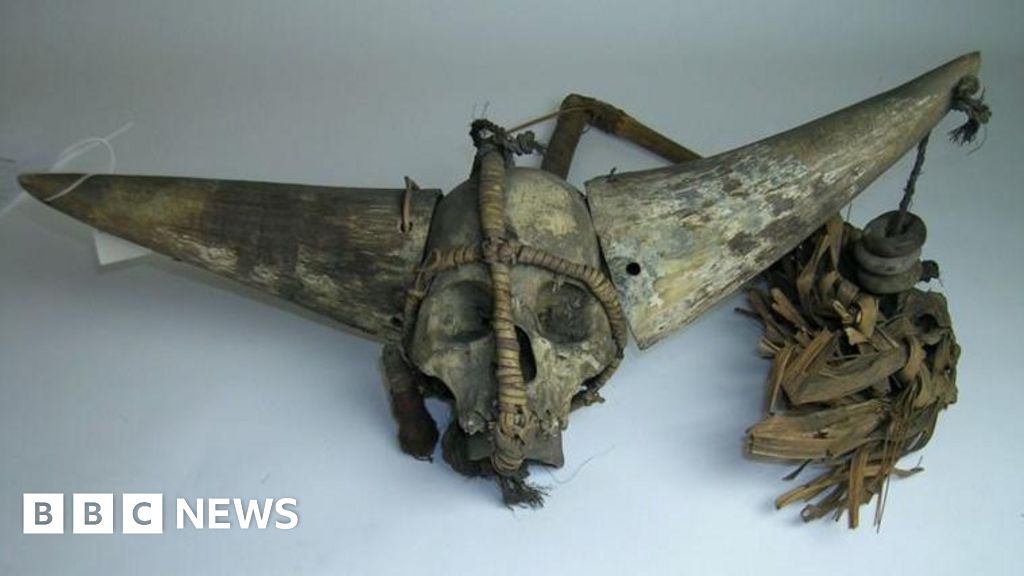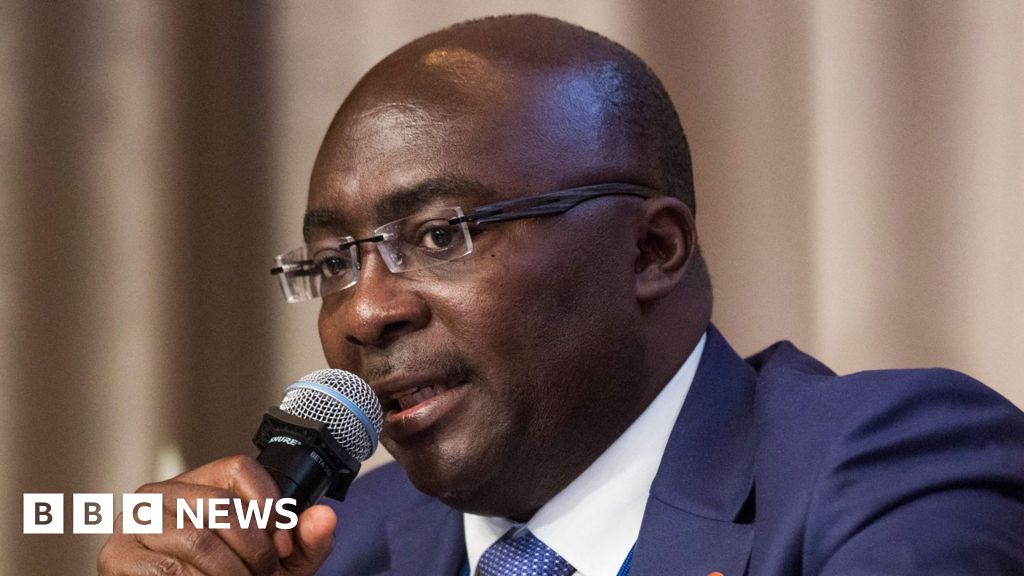ARTICLE AD BOX
 Image source, Getty Images
Image source, Getty Images
The West risks entering a nuclear war because it is not talking enough to Russia and China, the UK's national security adviser has said.
Sir Stephen Lovegrove said rival powers understood each other better during the Cold War, and that a lack of dialogue today made miscalculations more likely.
"In the obligatory Churchill quotation, we want jaw-jaw, not war-war," he said.
He added that we were in a "new age of proliferation" in which dangerous weapons were more widely available.
It comes ahead of a phone call between US President Joe Biden and Chinese President Xi Jinping, the first call between the two leaders since March.
They are expected to discuss ongoing tensions over Taiwan and Trump-era tariffs on Chinese imports.
Sir Stephen was delivering a speech at the Center for Strategic and International Studies in Washington DC, focusing on the implications of Russia's invasion of Ukraine and what he called a "much broader contest unfolding over the successor to the post-Cold War international order".
He said that, throughout the decades of the Cold War, the Western powers benefitted from negotiations that "improved our understanding of Soviet doctrine and capabilities - and vice versa".
"This gave us both a higher level of confidence that we would not miscalculate our way into nuclear war," he said.
"Today, we do not have the same foundations with others who may threaten us in the future - particularly China.
"Trust and transparency built through dialogue should also mean that we can be more active in calling out non-compliance and misbehaviours where we see them."
Sir Stephen continued that the risk of an "uncontrolled conflict" was being heightened by Russia's repeated violations of its treaty commitments as well as the pace of China's expansion of its nuclear arsenal and its apparent "disdain" for arms control agreements.
He also spoke of the danger associated with the rapid advance of technology and the number of states now developing arms such as land-attack cruise missiles.
He said the was "no immediate prospect of all of the major powers coming together to establish new agreements", so the Nato powers could focus on "work of strategic risk reduction".
"We should take early action to renew and strengthen confidence-building measures to... reduce, or even eliminate the causes of mistrust, fear, tensions and hostilities," he said.
"[Such measures] help one side interpret correctly the actions of the other in a pre-crisis situation through an exchange of reliable and uninterrupted information on each other's intentions.
"Confidence and trust grow when states are open about their military capacities and plans."

 2 years ago
18
2 years ago
18








 English (US)
English (US)